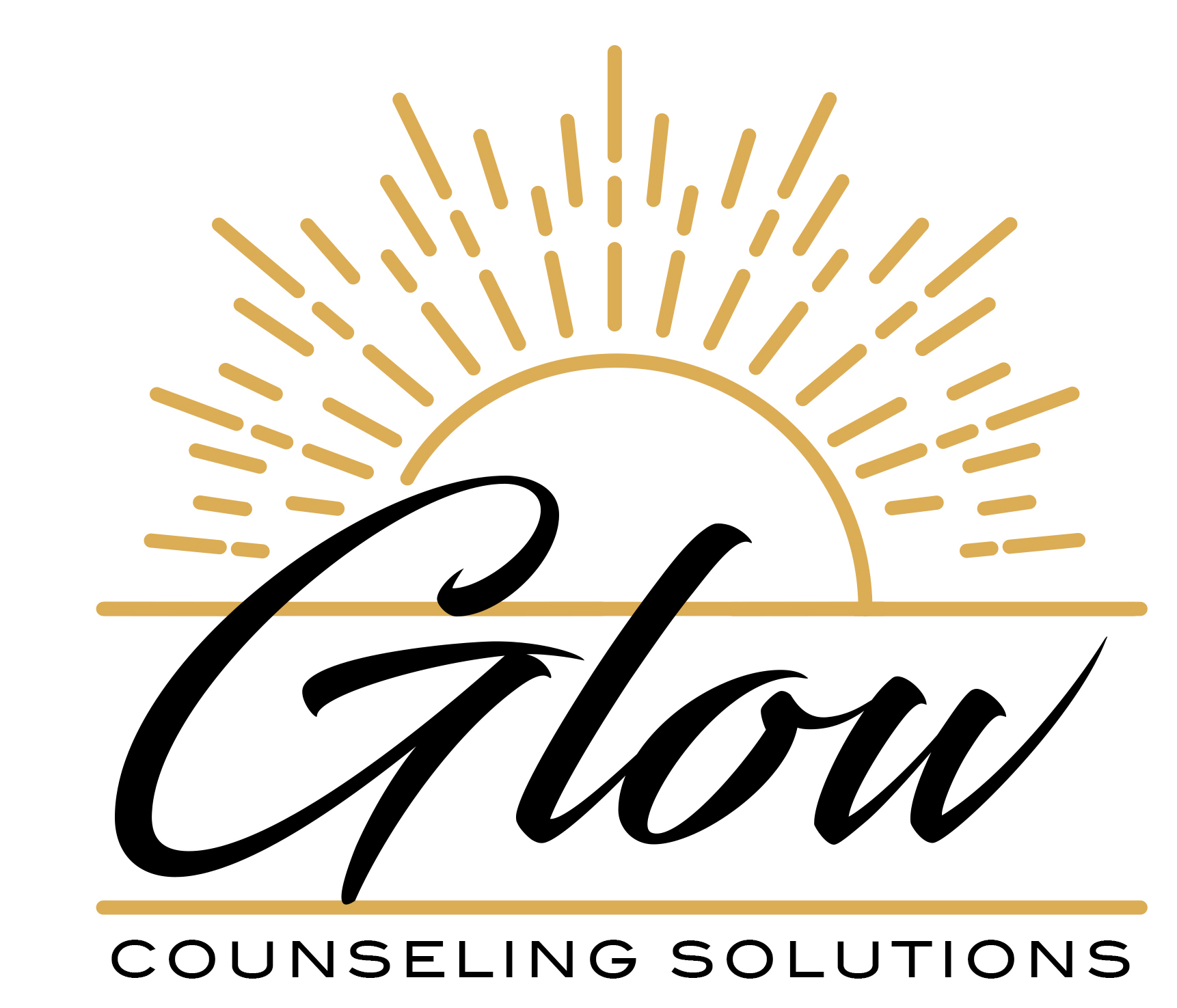How to Recognize Early Signs of Mental Health Struggles

Let’s be honest: recognizing when something’s off with your mental health isn’t always easy. It’s not like one day you wake up with a flashing neon sign over your head that says, “You’re struggling!” More often, the early signs are small. Quiet. Easy to overlook — especially when life gets busy.
But here’s the thing: the earlier you notice the signs, the sooner you can get support. And that can make a massive difference in your recovery, resilience, and overall quality of life.
So let’s talk about it. Let’s break down what those early signs might look like, why they’re sometimes hard to spot, and what you can actually do if you notice them — in yourself or someone you care about.
Why Early Detection Matters
First, let’s start with the “why.” Catching mental health struggles early is like noticing a small crack in a windshield. If you act quickly, it’s a simple fix. If you ignore it, that crack can spread and get worse — fast. Mental health challenges are no different. Anxiety, depression, burnout, PTSD — they all start somewhere. But when ignored, they can snowball into something overwhelming.
Getting help early often means:
– Shorter recovery time
– Fewer symptoms
– Less disruption to your daily life
– A stronger sense of control over what’s happening
Basically, early recognition can save you a lot of pain — and make healing feel a lot more possible.
Why We Miss the Signs
You might be wondering: “If it’s so important, why do so many people miss the early signs?” Good question.
Here’s why:
– Mental health changes can feel gradual. You don’t usually go from feeling fine to full-blown panic attacks overnight.
– We normalize our symptoms. (“Everyone’s stressed, right?” or “Maybe I’m just being lazy.”)
– There’s stigma. Sometimes, it’s easier to pretend everything’s fine than admit we’re struggling.
– We’re busy. Life is packed, and we’re often too distracted to notice subtle changes.
– We’re taught to tough it out. Especially if you grew up hearing things like, “Just get over it” or “It’s all in your head.”
The truth is, most of us are not taught how to spot the early warning signs. But that changes today.
Common Early Signs of Mental Health Struggles
Okay — let’s dive into what you might notice, either in yourself or someone else.
1) Changes in Mood
One of the first signs something’s up is a shift in your mood. Not just a bad day — but persistent changes.
You might notice:
– Feeling unusually irritable, angry, or snappy
– Increased sadness, hopelessness, or tearfulness
– Feeling numb, disconnected, or “blah” (even if nothing is wrong)
– Mood swings that seem extreme or out of character
– If you start thinking, “This doesn’t feel like me,” — listen to that.
2) Withdrawing from Others
When mental health starts to slide, one of the first casualties is often social connection.
You might notice:
– Canceling plans more often
– Avoiding calls or texts
– Feeling exhausted just thinking about being around people
– Preferring isolation even though it doesn’t actually make you feel better
Sometimes, it’s because being around others feels overwhelming. Sometimes, it’s because shame creeps in — that sneaky feeling that says, “I don’t want to burden anyone.” But human beings are wired for connection. When we start pulling away, it’s usually a sign something inside us needs attention.
3) Changes in Sleep Patterns
Sleep and mental health are best friends — for better or for worse.
Pay attention if you notice:
– Difficulty falling or staying asleep
– Sleeping way more than usual
– Feeling exhausted even after a full night’s sleep
– Nightmares or restless sleep
When your mind is stressed, anxious, or depressed, it shows up in your sleep. And when sleep gets disrupted, everything else tends to unravel faster.
4) Changes in Appetite or Weight
Another big red flag? Shifts in how and what you eat — especially if they come out of nowhere.
You might notice:
– Eating much more or much less than usual
– Craving a lot of “comfort food”
– Forgetting to eat altogether
– Sudden weight gain or loss (without trying)
Food is emotional. When mental health takes a hit, our relationship with food often does too.
5) Trouble Concentrating or Making Decisions
Ever read the same paragraph three times and still have no idea what it says? Or feel totally paralyzed trying to make a simple decision — like what to eat for dinner? Mental health struggles can mess with your cognitive abilities.
You might notice:
– Brain fog
– Memory lapses
– Trouble focusing at work or school
– Feeling overwhelmed by decisions that used to feel easy
– This can be incredibly frustrating — and often adds to feelings of guilt or shame.
– But it’s not a personal failing. It’s your brain waving a white flag, asking for help.
6) Physical Symptoms Without Clear Cause
Mental health struggles don’t just stay in your head. They live in your body, too.
You might experience:
– Headaches
– Stomach issues (like nausea, constipation, diarrhea)
– Muscle tension or unexplained aches
– Chest pain or heart palpitations
Of course, physical symptoms should always be checked out by a doctor. But when no clear medical cause is found, it’s worth asking, “Could stress, anxiety, or depression be part of this?”
7) Increased Substance Use
A quiet red flag that often gets missed? Turning more and more to substances to cope.
This might mean:
– Drinking more alcohol
– Using drugs more frequently
– Misusing prescription medications
– Even leaning too heavily on caffeine or nicotine
It’s not about judgment. It’s about noticing when you’re relying on something external to numb, escape, or survive.
8) Feeling Overwhelmed by Everyday Tasks
When brushing your teeth feels like climbing a mountain — that’s not just laziness. It’s a sign.
You might notice:
– Letting dishes pile up
– Missing deadlines
– Neglecting hygiene
– Feeling frozen or stuck when facing simple tasks
Your brain can only carry so much. When it’s overloaded, even the smallest things can feel crushing.
What to Do If You Notice These Signs
First of all: give yourself grace. Struggling doesn’t make you weak. Noticing it actually makes you strong.
Here’s what you can do:
1) Name It
Start by simply acknowledging what you’re feeling. You don’t have to label it right away (“depression,” “anxiety,” etc.). Just say, “Something feels off. I’m not myself lately.” That alone is powerful.
2) Talk to Someone
You don’t have to figure this out alone.
Reach out to:
– A trusted friend or family member
– A therapist or counselor
– A support group (online or in-person)
Talking about what you’re experiencing can lighten the load — and open doors to resources and help you didn’t know were available.
3) Make Small, Supportive Changes
You don’t have to overhaul your life overnight. Tiny, manageable steps are key.
Try:
– Prioritizing sleep
– Moving your body (even a short walk counts)
– Eating nourishing meals
– Setting boundaries around stress
– Journaling your thoughts
These small changes send a powerful message to your brain and body: “I’m taking care of you.”
4) Seek Professional Help
If symptoms persist or worsen, reach out to a mental health professional. Therapists, counselors, psychologists — they’re trained to help you navigate exactly this. And remember: you don’t have to wait until you’re in crisis to get support. In fact, getting help early is one of the healthiest things you can do.
Final Thoughts
Recognizing early signs of mental health struggles is a skill — one that most of us are still learning. It takes practice, patience, and a whole lot of self-compassion.
If you take one thing away from this, let it be this:
Struggling doesn’t mean you’re broken. It means you’re human.And humans aren’t meant to suffer in silence. There is help. There is healing. There is hope. You’re not alone — and you never have to be. If you or someone you know is in crisis, please seek help immediately. There are many resources available, including crisis hotlines and emergency services. You deserve support. You deserve care. You deserve to feel better.
Feel free to reach out to me for additional support

